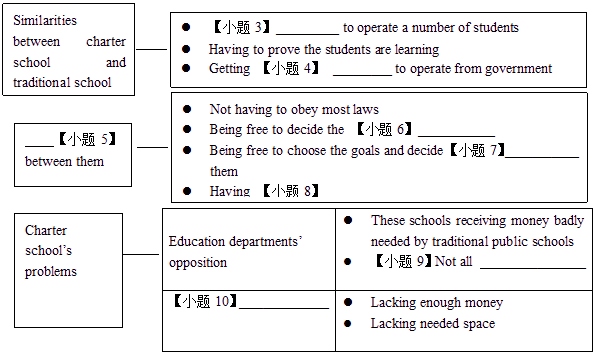题目内容
单词拼写(用一到三单元生词的合适形式填空,答案写在答题卷上)(10%)
I wonder if it’s because I haven’t been able to be o for so long that I’ve grown crazy about everything to do with nature.
I am only able to look at nature through dirty c hanging before very dusty windows.
The dark, rainy evening, the wind, the t clouds held me entirely in their power; it was the first time in a year and a half that I’d seen the night face to face…
She is very (可靠的)and I knew I didn’t need to encourage her.
She gave me a (坚定的)look----the kind that she would not change her mind.
Then (逐渐地) between about AD 800 and 1150 English became less like German.
The latter gave a separate (身份、特色)to American English spelling.
India has a very large number of (流利的) English speakers.
After g from college, we finally got the chance to take a bike trip.
Although she didn’t know the best way of getting to the place, she insisted that she
o the trip properly.
【小题1】outdoors
【小题2】curtains
【小题3】thundering
【小题4】reliable
【小题5】determined
【小题6】gradually
【小题7】identity
【小题8】fluent
【小题9】graduating
【小题10】organize
解析:
略

